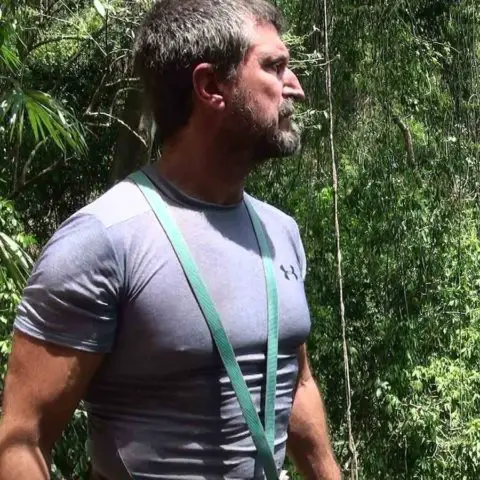The patent that the Canadian Darren Hreniuk had claimed as inventor of the canopy was annulled by the Administrative Registry Court definitively. In this dispute, the North American citizen claimed in 1997 the exclusive right of commercial exploitation of canopy in Costa Rica for the entire period granted (20 years) of the patent in 2003.
Meanwhile, tourist companies appealed on several occasions claiming nullity of the patent, arguing that the alleged invention lacked novelty and inventiveness. As reported last Thursday by the National Chamber of Tourism (Canatur), the last ruling of the Court (vote 0640-2018) indicates that the patent should have never be granted, precisely, for lack of novelty, since it is documented that the system had been put into practice in the country since before the application was submitted.
In this way, the Registry Court declared several appeals lodged by tourist companies between 1998 and 2003, revoking a resolution of the Intellectual Property Registry that had rejected them in that year.
“With this final resolution, we closed this chapter that held the adventure guild in suspense for many years, and this comes to an end, giving clarity, legal security and tranquility to the sector to continue operating”, Canatur president, Sary Valverde, said in the half of a press release.
The Patent Law, states that an invention can be registered if it meets 3 requirements: novelty, inventive level, and industrial application of the invention. Likewise, in article 2 it stated that: “an invention is new if, before the filing date of the application, it does not exist anywhere in the world, so that its fundamentals have not been disclosed or put into practice by any means”.

Due to this reason, Hreniuk was asking the State for US$ 132 million for damages. “Neither, the union members will have to pay any sum for the use of canopy, since Darren is not the owner of any right and any person can use the system, so that the member who has negotiated or paid him any amount, may request his judicial return”, explained lawyer Sergio Artavia, one of the professionals who advised the Chamber in this case.
The defender of the North American, Jorge Marín, affirmed in 2017 that they did not want to close the canopies, but that they looked for an indemnification of the tourist companies that would be calculated by the experts during the execution stage of sentence.
“We do not want a lawsuit nor are we going to close the other canopies, but the author has the right to see fruits of his invention because he worked for that, and the law protects that invention for 20 years and he has not been able to do it”, said Marín.
At the time, he asked the companies to communicate with them to try to find an agreement. Given this, Canatur had asked to refrain from contacting the Canadian and leave everything in their hands. Currently in the country, according to data from the Chamber, this adventure service generates more than 3,500 direct jobs in the country.
